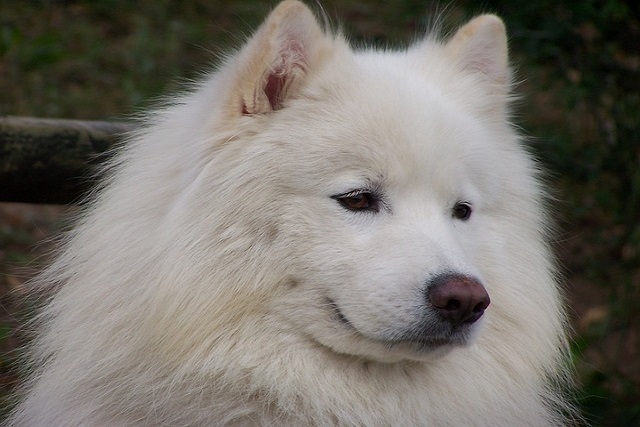
How do i train my dog to be obedient?
Watching your dog dart across the park ignoring your calls isn’t just frustrating—it can put them at risk near busy streets or public spaces.
The challenge of potty training one puppy is significant, but managing two at once can feel like a never-ending cycle of accidents and clean-up. While it's tempting to take them out together for efficiency, the most effective strategy is actually to train them separately initially. This is because puppies have unique schedules, learning paces, and tells; treating them as a single unit often means missing one dog's subtle signals to go outside. Your goal is to build a reliable individual habit with each puppy before combining routines, making a structured, separate approach the true secret to successful multi-dog potty training.
The science behind this is rooted in individual learning and reinforcement. Each puppy has a developing bladder and a distinct internal clock. If you only ever take them out together, you risk one puppy learning to go potty outside while the other simply learns to copy the outing without understanding the core concept. Furthermore, they can easily distract each other, turning potty time into playtime. The modern, force-free approach uses positive reinforcement potty training to create a strong, individual association between the act of eliminating outside and receiving a high-value reward. This method aligns with cultural standards that completely reject punitive measures like rubbing a puppy's nose in an accident, which is not only ineffective but can create fear and anxiety around elimination, leading to more hidden accidents.

Your practical strategy requires a military-like schedule and separate management. If possible, enlist a family member's help. Take each puppy out on their own leash, one after the other, to the same designated potty spot. Use a specific cue like "Go potty" as they are eliminating, and the moment they finish, reward them with an ultra-high-value treat like chicken or cheese that they only get for this success. This creates a powerful individual incentive. Keep a detailed log for each puppy—note when they eat, drink, sleep, and potty. You'll start to see their unique patterns emerge. When you cannot actively supervise, the puppies should be in separate crates or confined spaces to prevent accidents and unsupervised play that can lead to mishaps.
This diligent, individual-focused training is a profound exercise in responsible dog ownership. The habits you build now prevent future issues that affect your entire community. This responsibility is paramount when you have multiple dogs. It begins with ensuring each puppy’s vaccination schedule is meticulously followed. Adhering to your local puppy vaccination laws is a non-negotiable legal and ethical duty; it protects your pups from dangerous diseases like Parvo, which can be easily tracked in from outside, especially with multiple dogs going in and out. Furthermore, successfully potty-trained puppies mean no accidents in shared apartment hallways or on carpets, preventing damage and odors that disturb neighbors. And of course, when you take them out, your clean-up duty is doubled. Always carrying an ample supply of poop bags and immediately scooping all waste from every dog is not just a courtesy; it is legally mandated in most U.S. cities and is the ultimate sign of a respectful neighbor. Your patience in training them individually first ensures you raise polite and hygienic canine citizens.

Watching your dog dart across the park ignoring your calls isn’t just frustrating—it can put them at risk near busy streets or public spaces.

New puppy owners often find themselves rushing to clean up accidents before they set in, and that’s where puppy pad training becomes a game-changer.

If you've noticed your dog's waistline disappearing and your veterinarian has mentioned those few extra pounds, your first instinct might be to simply reduce the amount of food in their bowl.

Training a dog to use a designated spot indoors isn’t as daunting as many new owners fear, but it does take consistency and an understanding of your pet’s needs.

That moment of dread on a walk is all too familiar for many new dog owners. You see another dog approaching down the sidewalk of your neighborhood

If the sight of another dog on your neighborhood walk makes your heart sink as your own dog erupts into a frenzy of barking and lunging, you're not alone.